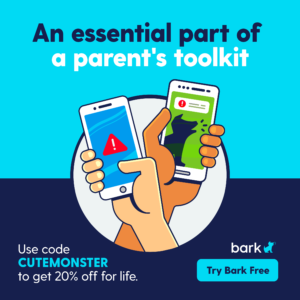
In the devastating aftermath of Hurricane Sandy, countless numbers of families have been placed in dire circumstances including loss of homes, lack of power, and difficulty obtaining basic every day necessities. Not surprisingly, local communities have rallied to support those affected during this time of crisis. In addition, charity organizations have sprung into action to provide much needed relief. Yet as with any natural disaster of this magnitude, online scam artists are looking to capitalize on financial donations.
Lifelock, a leader in identity theft protection services, has offered up some useful tips for individuals to avoid potential fraudulent organizations.
- Do independent research to make sure they are legitimate. If you don’t recognize the organization, that should send up a red flag of caution.
- Not all charities are honest. Crooks will always capitalize on the generosity of others during a crisis.
- If you’re concerned about the risk of online donating, you could always volunteer and donate your time.
- Always keep a record of donations including receipts, etc. It may be useful in the future or during tax season.
- You can always donate anonymously and confidentially. Just be sure to let the organization you’re donating to know.
- When donating online or offline, always obtain an email address, a phone number, and mailing address. Contact information is one way to avoid scammers.
- Avoid contributing to 3rd party web sites. Instead give directly. Why hand over a large sum of money when you can give straight to the source.
- Don’t respond to spam solicitations. It’s hard to identify the origin of spam, and therefore its legitimacy as well.
- Don’t be afraid to ask questions before you donate.
The victims of Hurricane Sandy are in our thoughts. We have no doubt they will rebuild and emerge stronger than ever. We encourage our readers to find their own way to contribute. If you have any ideas you’d like to share, please leave them in the comment field below.




